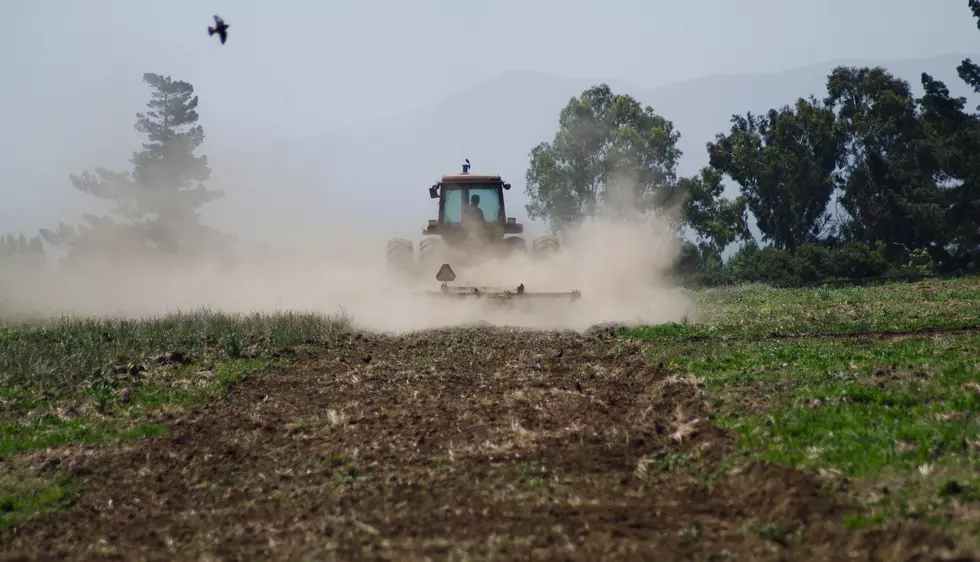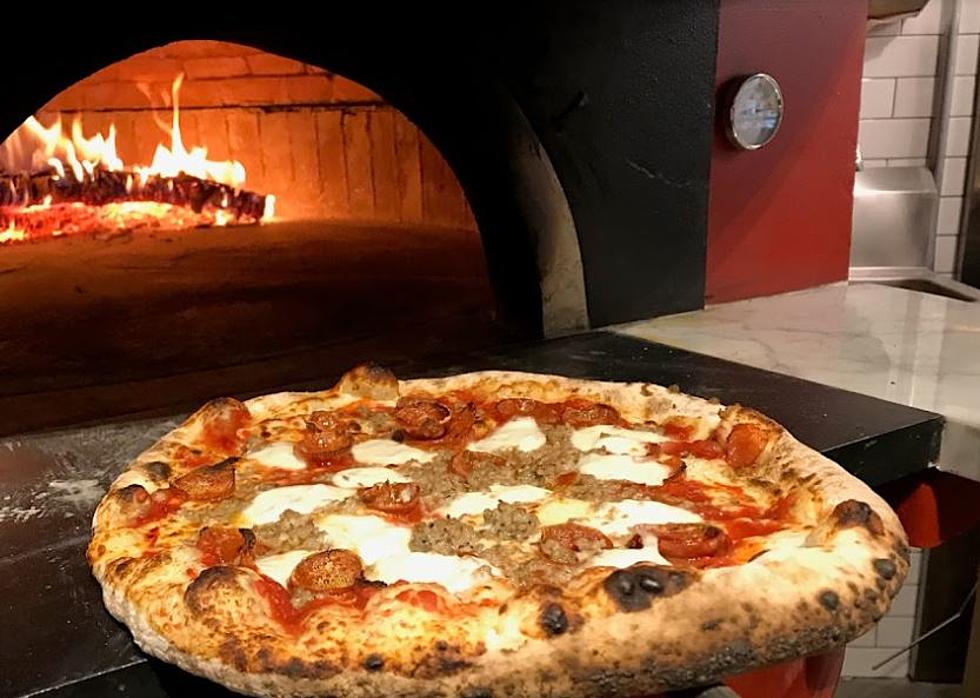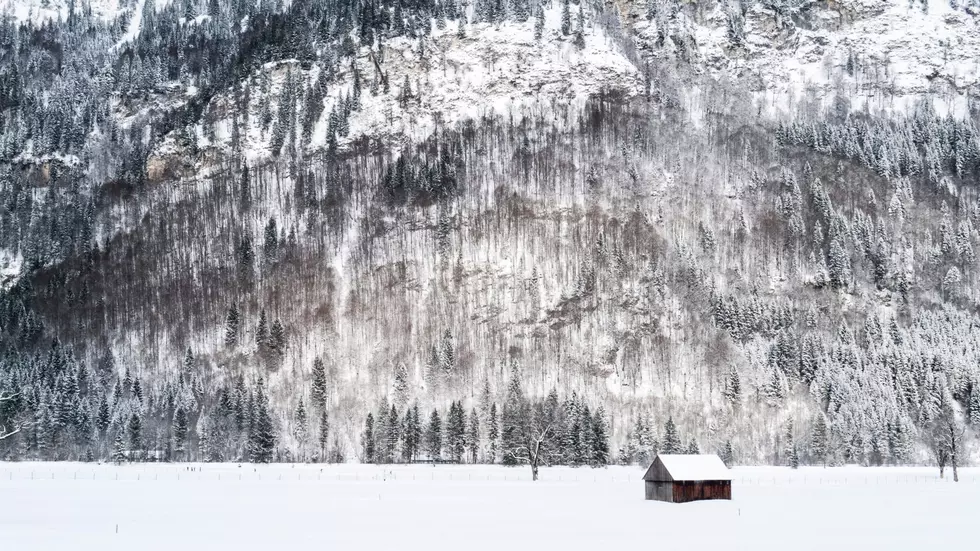
Washington’s Snowpack In “Very Good Shape” To Start April
“Pretty Incredible”
That’s how Scott Pattee with the Washington NRCS describes the statewide snowpack, which sits at 131% of average for this time of year, the highest statewide average across the west. Pattee noted the snow year started very slowly and didn’t catch up normal until February. He added that temperatures, as of recent, have remained cool enough to keep the high elevation snowpack intact.
“We’ve already lost that lower elevation snow some time ago, so that’s not contributing to it either. Just looking at numbers this morning, I’m not really seeing much melt. I’m seeing some settling of the snowpack, but I’m not seeing that melt yet.”
Pattee said most basins across the state are reporting very strong snowpack numbers for early April:
- The Lower Snake-Walla Walla is 118% of average
- The Lower Pend Oreille is 86% of average
- The Spokane 91% is of average
- The Upper Columbia is 116% of average
- The Central Columbia is 114% of average
- The Upper Yakima is 118% of average
- The Lower Yakima is 110% of average
- The Naches is 120% of average
- The Klickitat is 126% of average
- The Lower Columbia is 131% of average
- The South Puget Sound is 125% of average
- The Central Puget Sound is 137% of average
- The North Puget Sound is 110% of average
Pattee noted thot numbers are very encouraging considering April 1st is typically the peak of the snow season. He added while the snowpack looks very good right now, it does not guarantee that Washington will avoid drought conditions this summer.
“You know, according to the U.S. Drought monitor, that south central part of the state is still up to D2 drought consideration, so that’s going to affect dryland farming especially. It looks like we’ll have plenty of water for irrigation, so the Yakima Basin, all the way down to the Tri-Cities should be just fine for irrigation. But some of those dryland folks out there might struggle a little bit this year.”
Pattee said while the snowpack looks very good for this time of year, he said it’s still important to think and practice conservation efforts.
If you have a story idea for the PNW Ag Network, call (509) 547-1618, or e-mail gvaagen@cherrycreekmedia.com
More From PNW Ag Network









